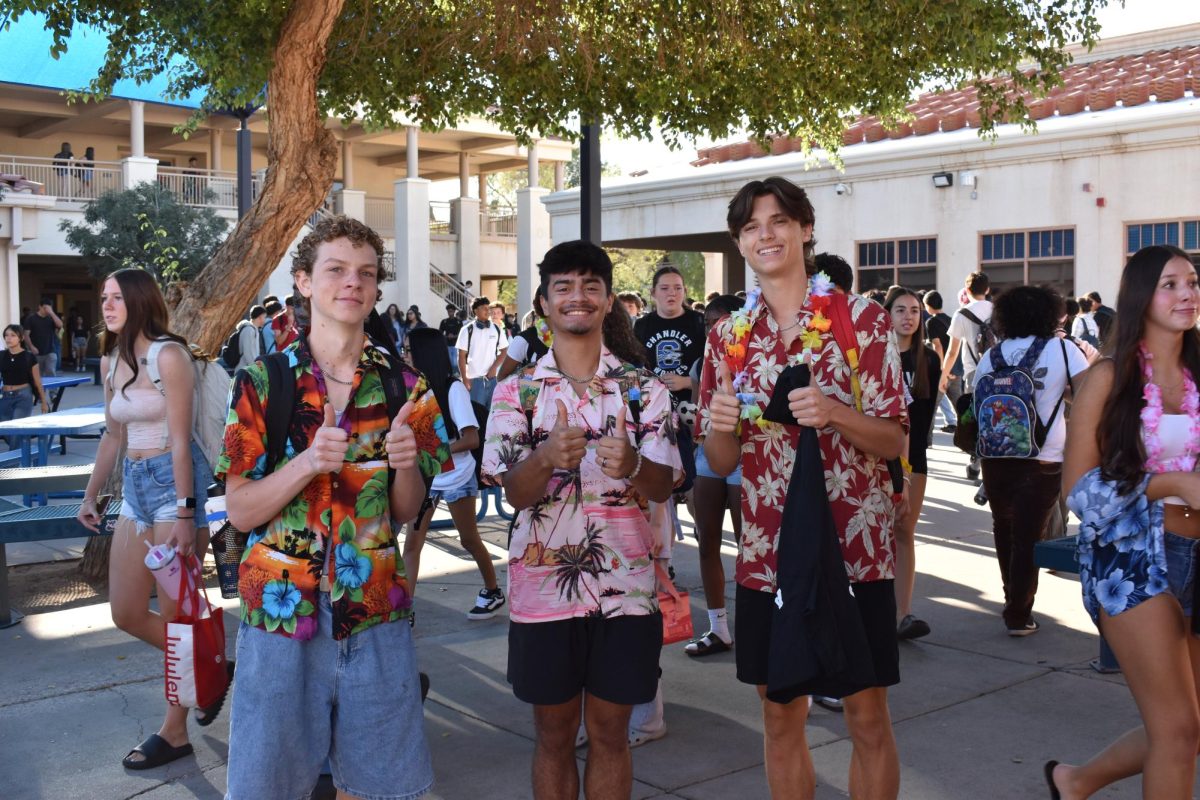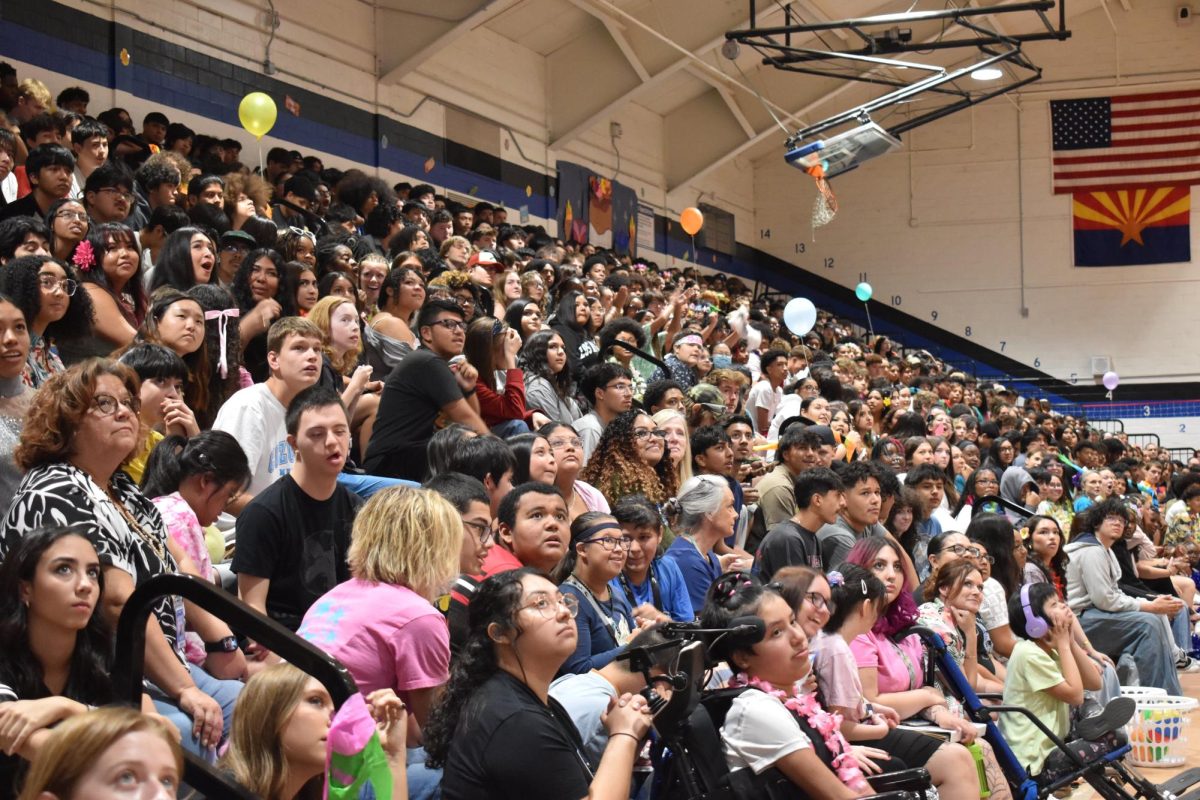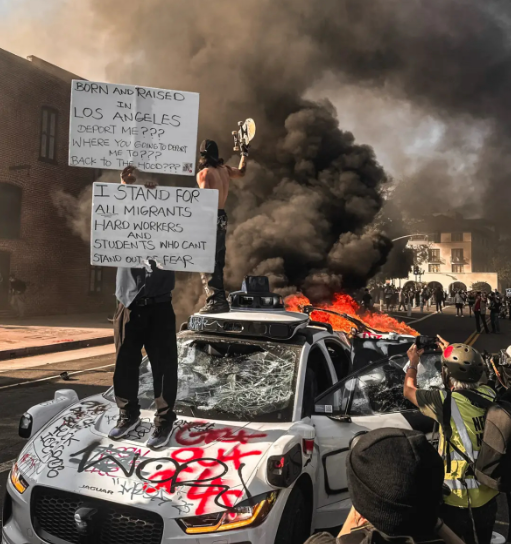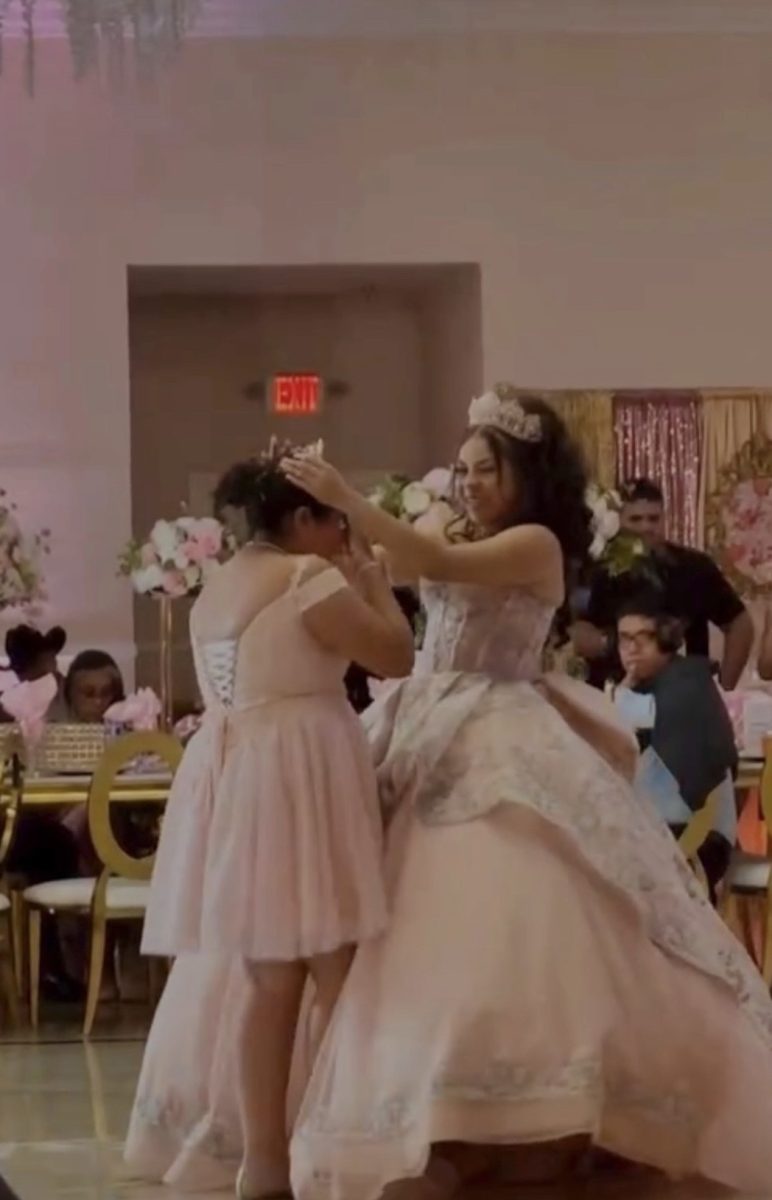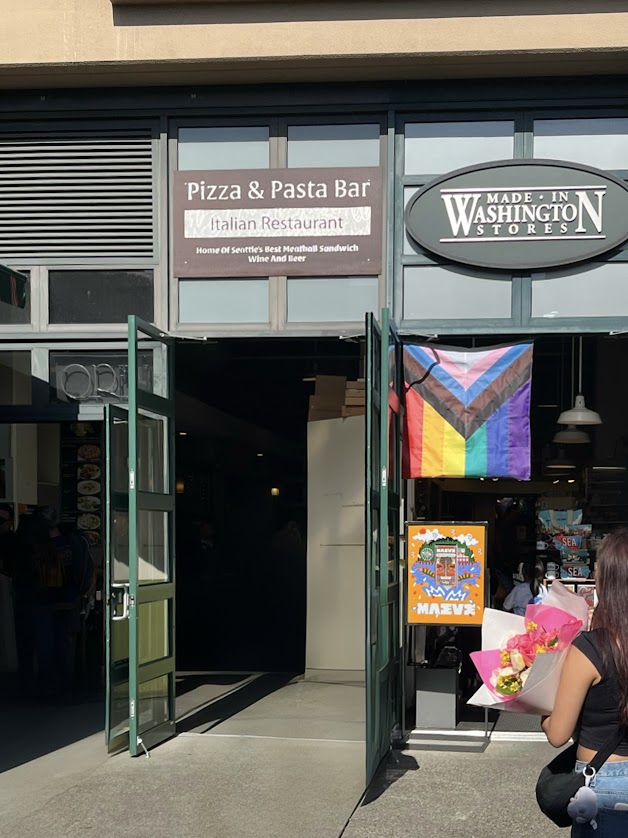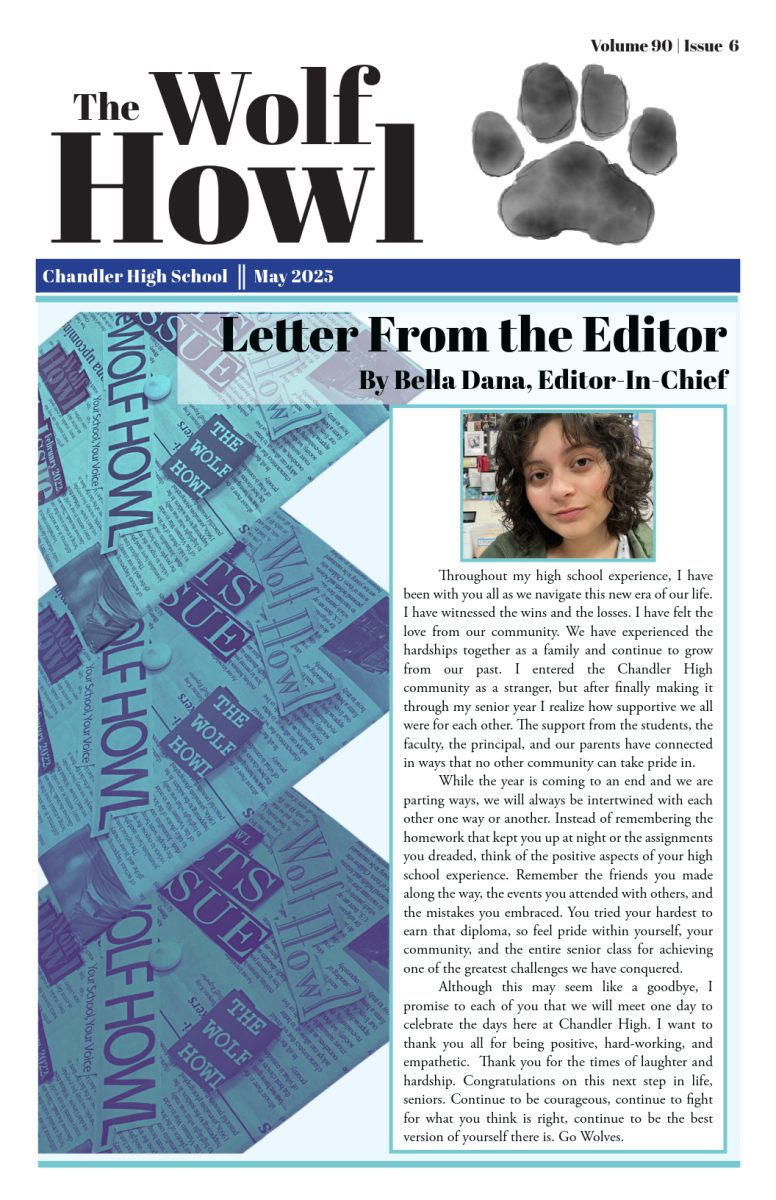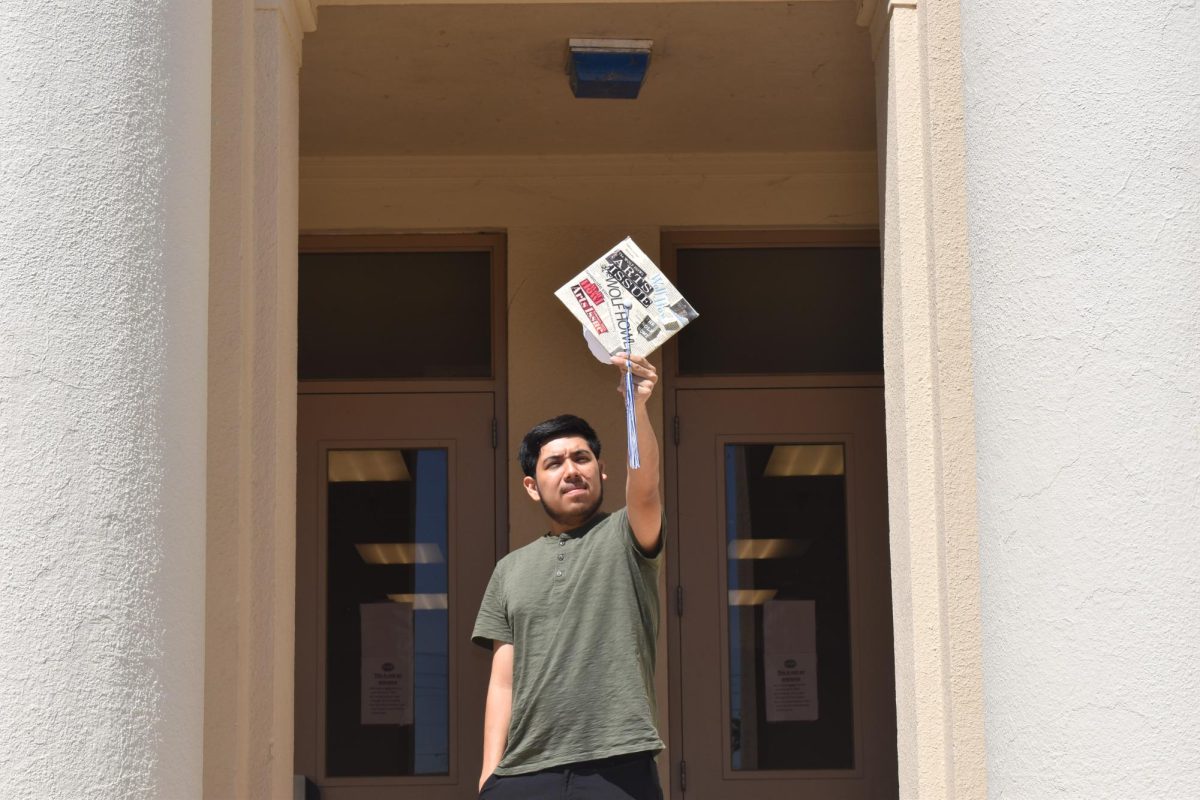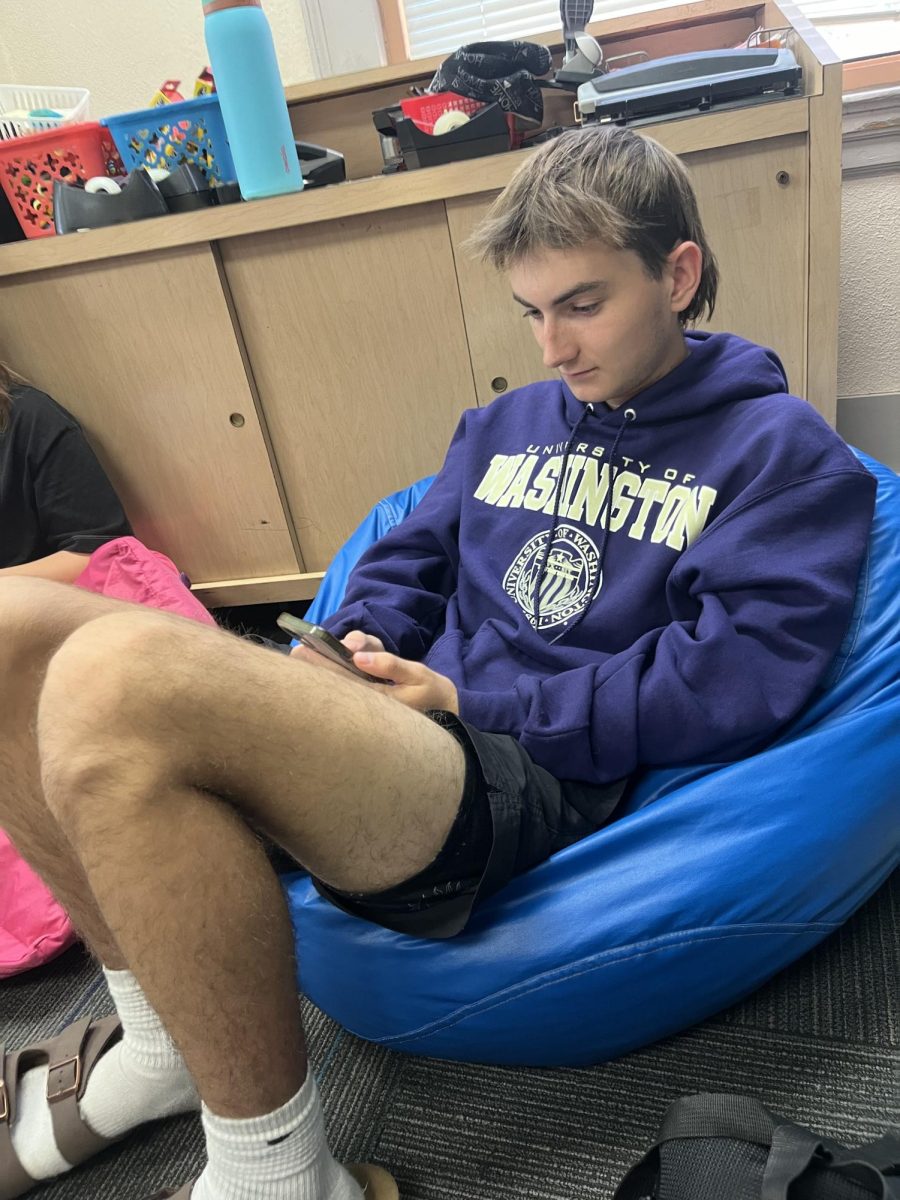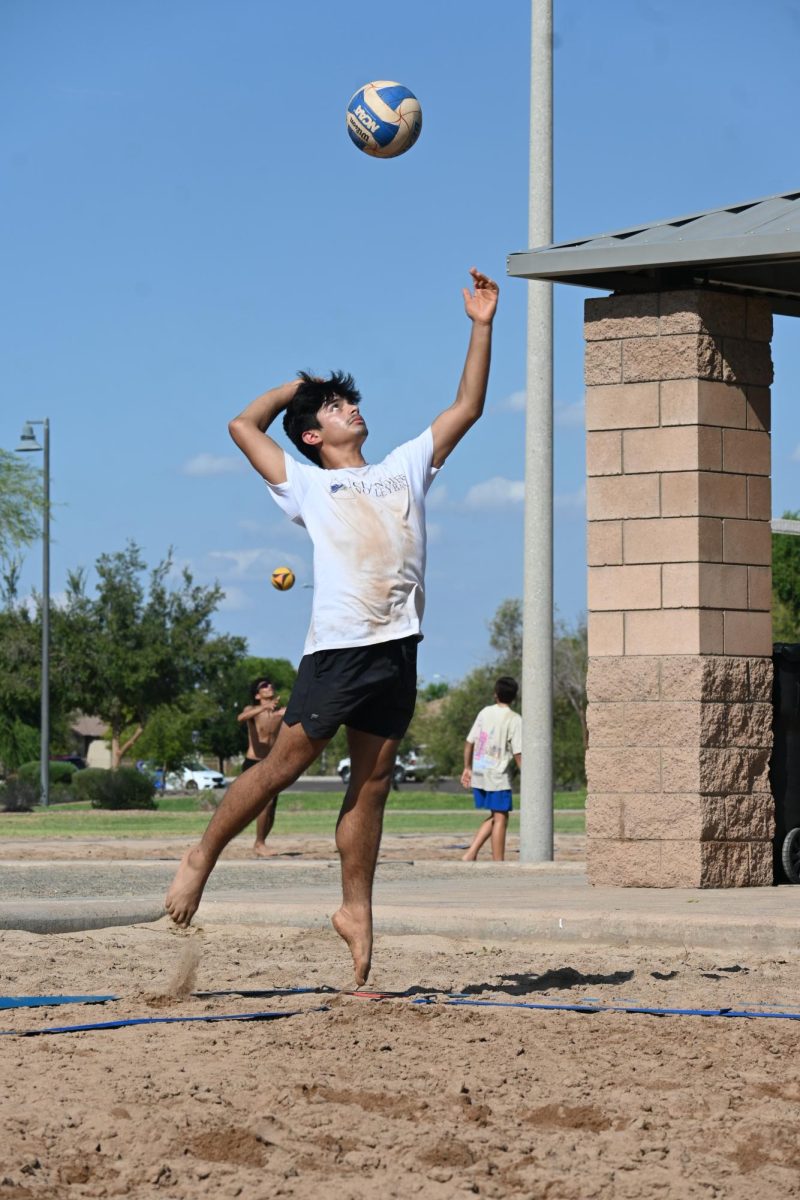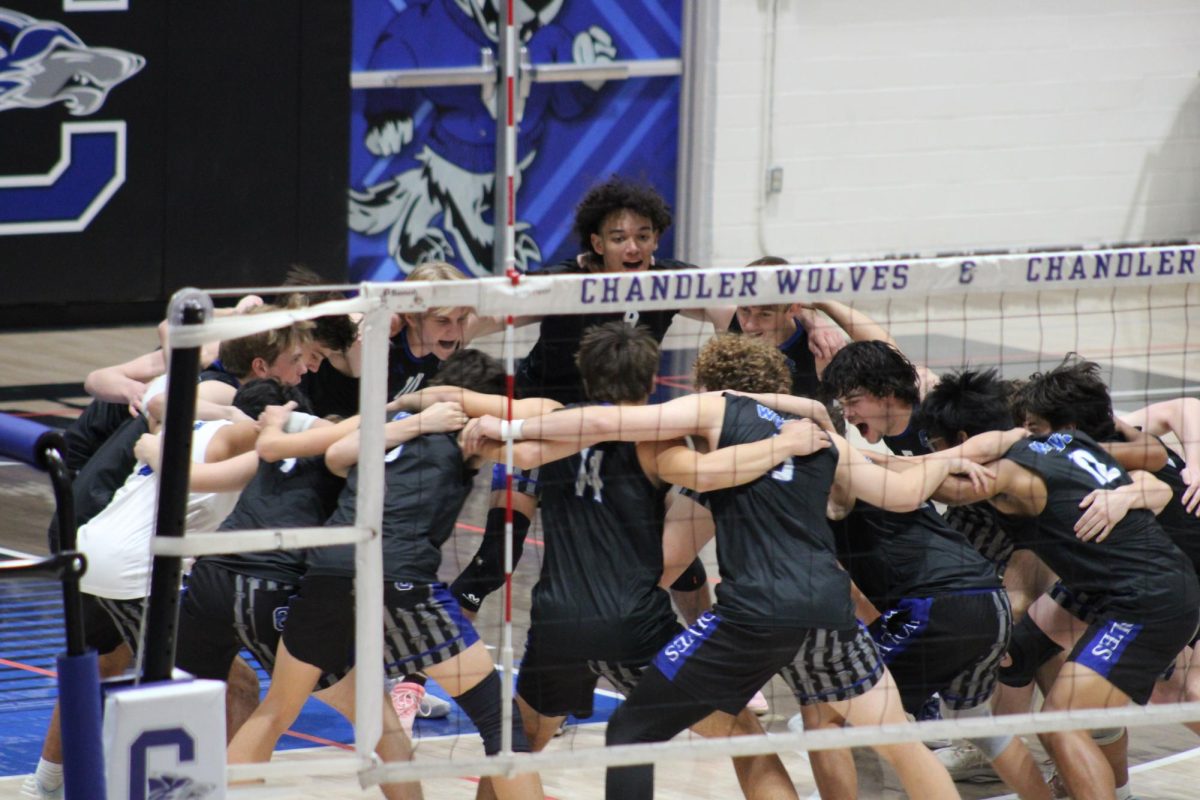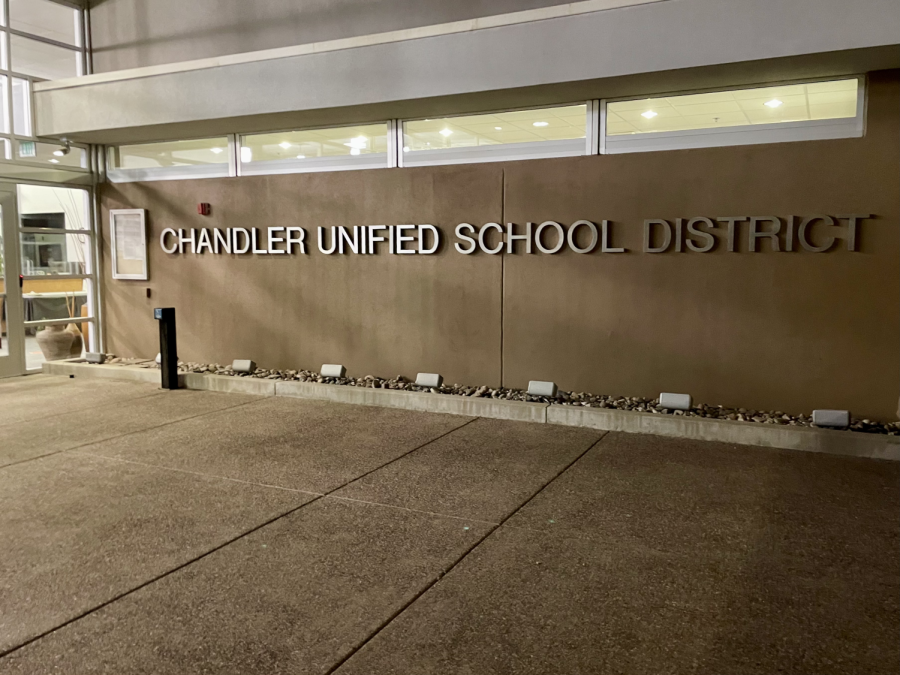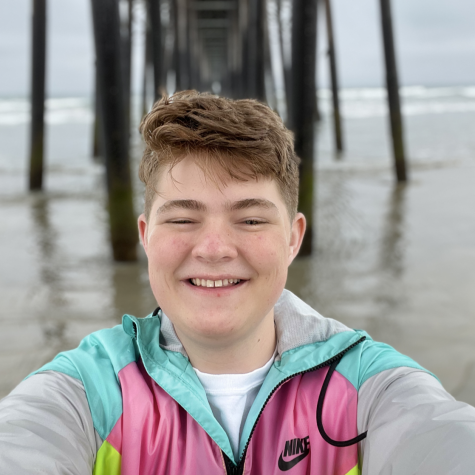A Tennessee school board’s decision to ban the Holocaust memoir Maus earlier this year has drawn widespread media attention. The graphic novel, which was written by Art Spiegelman documenting the life of his father, a Holocaust survivor, is a Pulitzer Prize winner and a part of Holocaust education curriculum across the US. But when parents in McMinn County, Tennessee descended upon the school board there, they depicted the book as overly profane.
Whether the parents’ motives were to spare children from exposure to profane language in the novel or their desire to erase Holocaust education from schools remains to be seen; however, this recent attempt at censorship mirrors an alarming trend in the US: a rise in antisemitism and Holocaust erasure.
Although the Holocaust was less than 80 years ago, a September 2020 survey by the Claims Conference, found that 63% of Millennials and Gen-Z aged respondents in the US didn’t know that 6 million Jews were killed in the Holocaust. This failure of the education system in America is something we should be actively working to combat. Removing Holocaust education from our curriculum perpetuates Holocaust erasure.
Even here in Chandler, I’ve heard an unfortunately common sentiment amongst some parents and educators to explain why they would leave classic books like Elie Wiesel’s Night off the reading list, with one of my former teachers saying, “these kids have learned enough about the Holocaust.” While I don’t think they were an antisemite, these kinds of antisemitic microaggressions are all too common.
But Maus isn’t the sole issue here. This situation is a microcosm of a greater problem plaguing educators and stifling students. Parents have increasingly burdened our schools, racing to school board meetings to protest everything from mask mandates to required reading. When parents fill school board meetings and overwhelm school administrators with increasingly extreme demands, their demands are often met, even to the detriment of students and teachers.
Some parents want the perspectives their children are exposed to limited. They want a narrow worldview, one that ignores the Holocaust, glosses over slavery and segregation, and one that won’t challenge their children’s biases, because the comfort of their children is the most important thing in their minds.
Lawmakers, like Governors Abbott of Texas and Ducey of Arizona, are taking an opportunity to pander to their base, these parents, by restricting the rights of educators further. Our students are suffering; we need parents to stay out of our schools.

